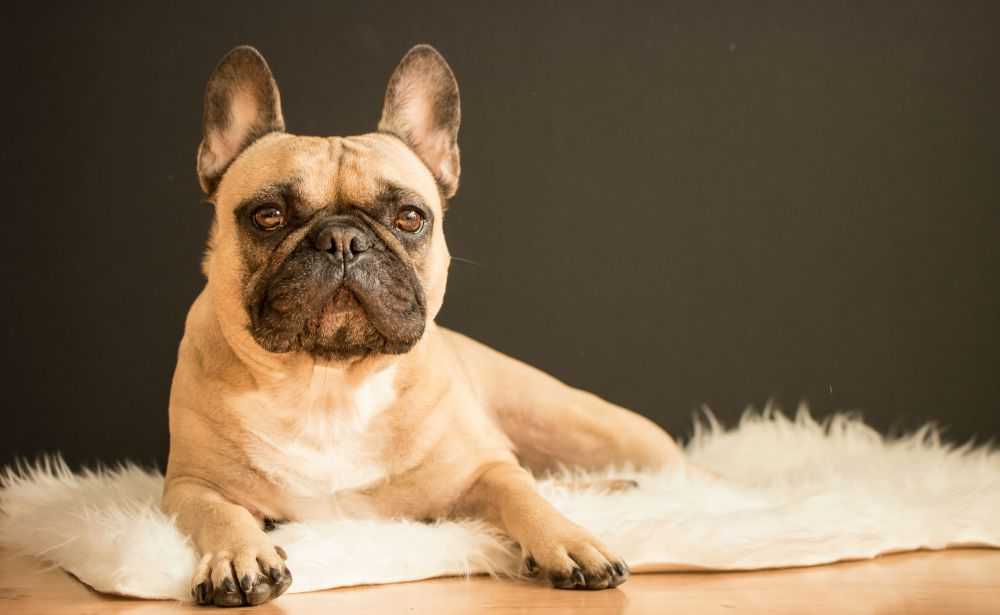Why Your Dog Follows You Everywhere

We all love to hang around our dogs. Still, sometimes it can feel a bit weird having them follow us around all the time, especially when they follow us to our private place - the bathroom. If your dog is following you around everywhere, you probably either find it very endearing and cute or somewhat annoying.
The answer to why your dog follows you everywhere doesn’t have one explanation, though. Here are the most probable causes for this behavior:
1. He Sees You As His Parent
If you got your dog as a puppy between 0-6 months old, there is a good chance he had imprinted on you, especially if you are the only person he had been around.
In the imprinting stage, your dog will look up to his mother figure to learn how to behave like a proper canine. However, when the puppy’s mother is not around during this stage, he will probably look up to you, as his human owner, to be his role model.
2. You Unknowingly Reinforced This Behavior
Are you showering your puppy with attention and treats? While this promotes a stronger bond, it can also play a role in shaping your dog’s behavior in unexpected ways. For example, suppose you rewarded your dog with treats, pets, or play, a short while after he had followed you. In this case, you had essentially reinforced the following behavior.
3. You Are His Favorite Person
When you reward your dog, he builds a positive association with you, and your bond together strengthens. By staying near you a lot, the dog learns that he is more likely to receive a reward, making you his favorite person. This positive association can help you with training and socialization for your dog. However, at the same time, it can also lead to your dog following you a lot more.
4. He Is Bored
Your dog may be bored. Without anything fun to do, your dog may follow you around because following you is more likely to lead to the fun stuff.
5. He Is Trying To Tell You Something
Sometimes dogs will follow you around to try and grab your attention to tell you something. It could be that they need to go potty, eat, or feel unwell. Try to see if your dog wants to lead you somewhere.
Because dogs love schedules, it is also possible that your dog lingers around more in anticipation of his meal or potty time.
6. He Is Physically Dependent On You
Your dog is more likely to follow you around if he has a disability like deafness, blindness, or other mobility restrictions.
7. He Was Bred For Companionship
Domesticated dogs have been evolved and bred by humans to be great companions over the years, which means they like our human presence.
Certain breeds are more likely than others to follow you around:
- Herding breeds like German Shepards and Border Collies used to work alongside humans and herd sheep and other animals. With no animals to follow around, it makes sense that you will be the one followed.
- Lap breeds like French Bulldogs and Chihuahuas were selected to seek your attention and snuggles.
These breeds are also more prone to have separation anxiety.
8. He Has Separation Anxiety
Your dog could be naturally more clingy than usual. However, if you had previously adopted your dog, his previous experiences could be part of the reason for his clinginess.
Clingy dogs that follow you around are also called Velcro dogs.
Although it doesn’t necessarily mean they will, Velcro dogs are more likely to develop separation anxiety. Dogs with separation anxiety can show destructive and harmful behaviors, usually only when left alone.
If your dog is showing the following behaviors when you are not around, he could potentially have separation anxiety:
- Urinating
- Defecating
- Barking
- Howling
- Digging
- Trying to escape
If you suspect your dog has separation anxiety, I recommend addressing it as soon as possible.
How Do You Make Your Dog Follow You Less?

You should only consider this a problem if your dog’s following behavior suddenly turns obsessive, or he is acting up when you are not there with him.
Please keep in mind that there is a difference between your dog wanting to be near you at all times and him getting anxious when you are not around. The former being okay while the latter is not.
To reduce the behavior, do any of the following:
- Be more aware of when you are rewarding your dog when he’s following you. Try to let him be calm and settled first and only then reward him. For example, you can train him to stay on his bed or mat and only reward him when lying quietly on there.
- Exercise him more. When your dog is more tired, he’ll be less anxious and calmer.
- Give him a chew or interactive toy to keep him busy.
- Address separation anxiety if you have a reason to think your dog has it.
- Socialize your dog more. Letting your dog have plenty of social interactions with other dogs and people is great. It is very beneficial for the dog’s mental state while reducing the chance of experiencing separation anxiety.
- Consult your vet to rule out potential medical problems that may be causing this.
You and your dog being nearby can strengthen your bond, which can positively affect both of you. With that in mind, you want to strive for a dog that loves being near you and yet doesn’t get anxious when you are not around.
If all the solutions above fail, I recommend getting in touch with a professional dog trainer. A good dog trainer can take a more in-depth look at your dog’s particular situation and suggest other, more specific solutions.



Quick Links




